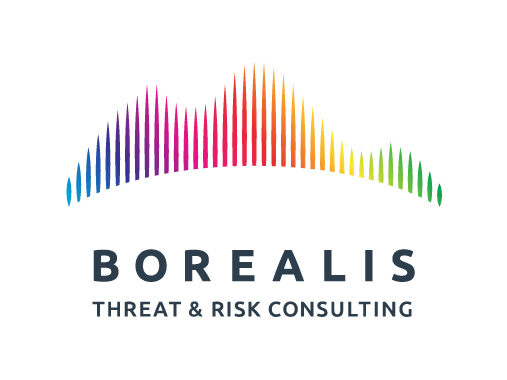This piece first appeared in The Epoch Times Canada on May 24, 2024.
If you regularly scan the headlines of major news sources of late you will have noted a curious tendency. When it comes to terrorism, the only stories which seem to get any traction are those which lament the “rise” in what is widely termed “far-right extremism.” This umbrella description covers everything from neo-Nazis to white supremacists to anti-vaxxers to, believe it or not, violent “incels” (involuntary celibates who apparently target women out of frustration over their lack of sexual gratification).
We are led to accept that this form of terrorism is ubiquitous, on the increase, and poses some kind of “existential threat” to Western societies. Even our public safety ministry here in Canada is keen to trumpet this menace, although they have elected to label it “ideologically-motivated violent extremism“ or IMVE (as if not all terrorism is, at its core, ”ideological”).
There are several problems with this analysis. Firstly, it is wrong in that the single greatest terrorist threat, globally as measured in several well-documented studies, is jihadi in nature, not far right. Numbers don’t lie, after all. (Of note is that I was recently called a racist by someone at Public Safety Canada for pointing out these figures, and the very data I used was dismissed as “Islamophobic.”)
Secondly, while the far right is indeed worrisome, and our spies at CSIS are dedicating more counter-terrorism resources to monitor it here in our country, no nation, including Canada, has seen a “spike” in attacks that result in casualties (unlike 2023’s increase in jihadi deaths). Can that change? Of course. Anything can happen, but there is little evidence to support the conviction that it will. (Online hate and invective rarely translates into real-world acts of violence).
Most importantly, however, for our purposes, is the almost complete ignorance and avoidance of another form of IMVE, that is emanating from the left side of the political spectrum. Here I would include environmentalists, climate-change activists, and even some First Nations activists (burning down churches, anyone? – which Prime Minister Trudeau said he ‘understood’).
As concerns over climate degradation and a lack of perceived adequate response from governments mount, there is a faction within this broader movement which is willing to use violence to make their point and pressure authorities to take action. Curiously, some of the acts carried out appear on the surface to be counter-productive (at least to me).
The Quebec government’s plans to build the “greenest electric battery factory in the world” have angered environmentalists in the province, leading to the spiking of trees (to damage clear-cutting machinery) and the placement of bottles filled with flammable liquid as well as detonators near the proposed building site. The extremists’ beef: lack of protection for wetlands and clear-cutting of 171 hectares (a little over 420 acres or 1.7 square kilometres). Other incidents include the sabotage of a Coastal Gas Link project in B.C. in 2022 and attempts to stop the expansion of a Tesla plant near Berlin in Germany.
So, let me get this straight. Weaning ourselves off fossil fuels (especially oil and coal) is seen as an urgent priority for the world to keep our planet from frying itself. Environmentalists have been screaming about this for years after all. And yet the removal of a few trees, which I imagine would be hugely offset by the increase of electric vehicles in no time, is seen as a more pressing need? Am I missing something here?
More critically, no one here in Canada, most notably the federal government, has called this what it is: terrorism. True, terrorism is a difficult term to nail down, but the section on terrorism in our own Criminal Code says it is an act executed for, among other reasons, ideological motivations and “causes substantial property damage.” This seems to fit the bill.
So, why the reticence? Beats me. Then again, we have a government that refuses to acknowledge the predominance of jihadi terrorism, calling anyone who refers to it as such a racist, sees the opposition under Conservative leader Pierre Poilievre as far right, and brought down the hammer of the Emergencies Act (unconstitutionally, according to a federal court) against the self-styled Freedom Convoy, again painted as far-right extremists.
When a country fails to treat all forms of terrorist violence—irrespective of the underlying motivation—equally, it fails its population. I hate predictions, but I would not be shocked if this kind of environmental sabotage and violence continues to climb. Will it take a death for those in power to wake up, condemn it, and do something about it?

